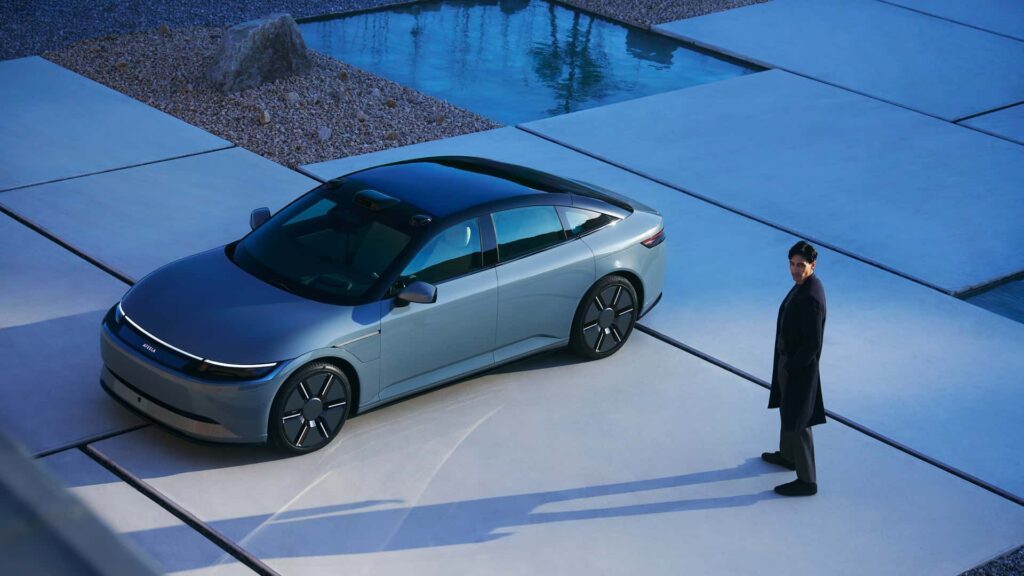The automotive industry is once again facing a major shakeup, this time with Sony Honda Mobility’s plan to sell cars directly to consumers. Just like the recent battle between U.S. Volkswagen dealers and Scout Motors, Honda’s dealer network is gearing up to fight against this new direct-to-consumer model.
At CES 2025, Sony Honda Mobility announced its intention to sell its upcoming electric vehicles, specifically the Afeela, directly to consumers through an online platform. This move aims to simplify the customer experience and enhance satisfaction by handling all processes from reservation to sales on their website.
Naturally, this direct-to-consumer approach has sparked pushback from America’s car dealers, led by the National Automobile Dealers Association (NADA). NADA President and CEO, Mike Stanton, expressed disappointment with Sony Honda Mobility’s plans and emphasized their commitment to challenging any attempt to bypass or undercut U.S. dealers through legal means.
The shift towards direct sales by traditional automakers like Honda is a significant departure from the established dealership model in the U.S. Over the years, dealerships have held significant political influence, leading to laws mandating that new cars be sold exclusively through their franchises. However, companies like Tesla have challenged this model by selling cars directly to consumers.
The resistance from dealers is not limited to EV startups like Tesla and Rivian anymore. Traditional car companies are also embracing direct sales and online platforms, disrupting the traditional dealership system. Even Hyundai has started selling cars on Amazon, signaling a broader shift in the industry.
As the electric revolution continues, expect more disruptions in the automotive industry, with companies exploring new ways to sell vehicles directly to consumers. The future of car sales may see a significant shift away from traditional dealerships towards online platforms and direct sales models.
The battle between dealers and automakers over the sales model highlights the evolving landscape of the automotive industry and the challenges faced by traditional dealerships in adapting to the changing market dynamics. It will be interesting to see how this conflict plays out and how it shapes the future of car sales in the U.S.

